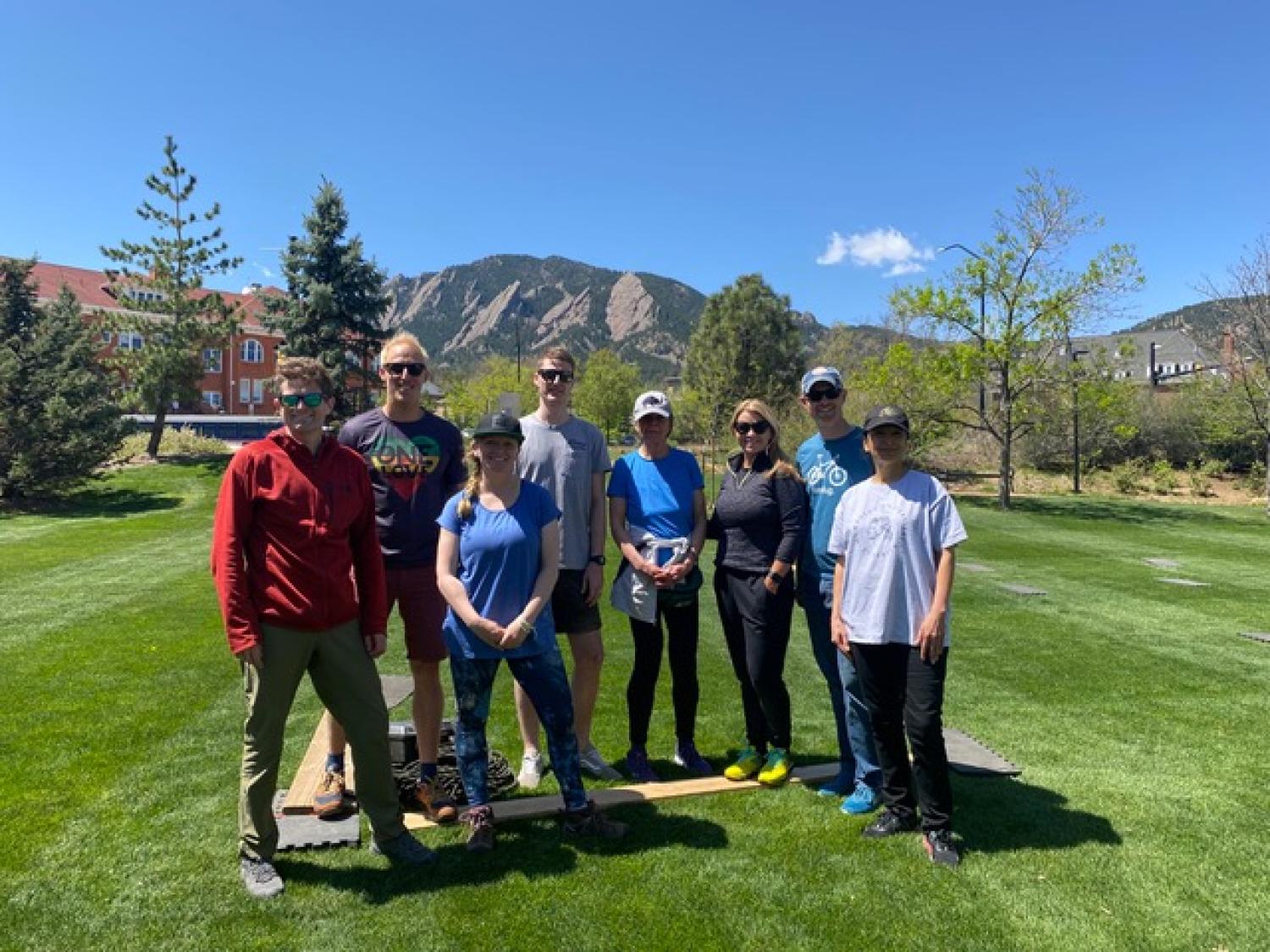Turning Opposing Forces into Cooperation and Life Skills

Original article can be found at The Denver Post
Originally published on May 27, 2022
Should universities provide young people with the skills they will need to find meaning in life, or should universities provide them with the skills they will need to find a job?
If ever a question presented a false dichotomy and an unnecessary choice, this one leads the pack.
With the rarest exception, people who do not have the means to support themselves will struggle to find a satisfying meaning in their lives. And, just as important, pursuing a worthwhile career requires a capacity to find the deeper meaning in everyday work.
Even though this distinction—between finding a job and finding meaning in life—had qualified for retirement decades ago, it still hangs around campuses, pulling faculty who should be each other’s allies into pointless contention. Out in the world, this misguided notion works its mischief, convincing parents that their children must choose between majors that will prove practical and profitable, and majors that will be momentarily engaging but disconnected from success in real life.
Meanwhile, people who are equipped to grapple with complex questions of human nature constantly emerge as the best people to hold consequential jobs in engineering, medicine, finance, public service, and the management of industries ranging from manufacturing to tourism.
Repeating this assertion whenever I had the chance, I have put on a multi-decade performance of preaching to the choir. But if I ever hoped to enhance my powers of persuasion, I had to try something I had never tried before.
So I signed up for a business class.
In partnership with CU’s Leadership Center, the Business Research Division at the Leeds School offers a week-long Executive Leadership Course. And when a hard-core humanities professor accepts the role of an eager student in that course, supposed opposites secure a wondrous opportunity to hang out and get acquainted.
At our very first session, Doug Bennett, a CU instructor in Organizational Leadership and Information Analytics, presented his list of “Twelve Principles of Leadership Excellence.” Positioned as capstones in his list, “Humility” and “Sense of Humor—Self-Deprecating” caught my attention.
I have attended innumerable conferences, conventions, workshops, seminars, and institutes where I have heard addresses aplenty, proclaiming the principles and values of humanities scholarship. For the first time in my life, listening to Doug Bennett’s presentation to the CU’s Executive Leadership Class, I got to see “Humility” and “Sense of Humor—Self-Deprecating” celebrated as essential features of professional practice. Crossing the divide into the world of business education, I seemed to have found my kinfolk.
Did I agree with everything I heard during the week?
Nope.
But when I doubted or dissented, I got a fair hearing, and doors opened—and have stayed open—for me and my new friends to continue to explore these areas of disagreement.
Best of all, after four days of lively discussion, we migrated from the classroom to the arena of experiential learning. Two military veterans divided the participants into teams and dispatched us on ingenuity-stretching missions, with one of us designated to lead each undertaking. And then, after our team had worked together in crossing a simulated minefield and in securing a rope to cross a simulated river, the rigid division that has fractured higher education surrendered its power. Cooperation ceased to be a distant ideal and became an action plan.


